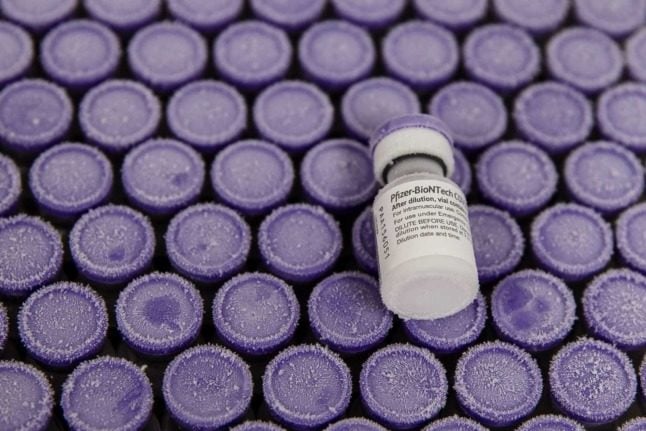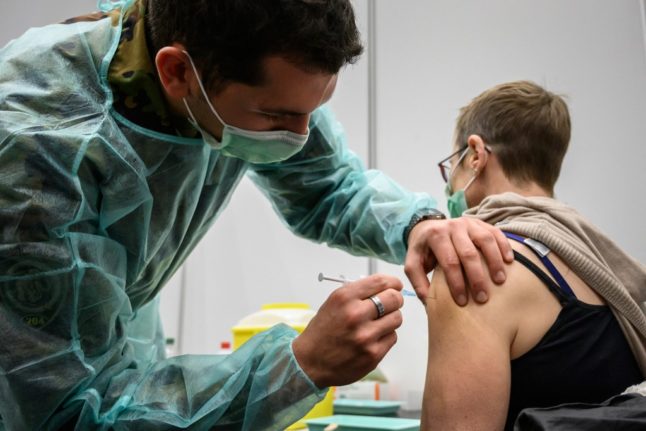Concerned about the waning protection of booster jabs after six months, the Swiss Federal Office of Public Health has laid out a plan for people to receive a second booster shot – or a fourth jab in total – in the autumn of 2022.
The FOPH said it did not want to presume the existing vaccination protection would last after the summer.
However, unlike the current booster campaign, the shots may be recommended not for the entire population but those in particular risk groups.
The Federal Vaccination Commission said those above the age of 65 and who have pre-existing conditions or other illnesses may be recommended a fourth jab.
The FOPH did however not rule out another shot for the entire population, although they consider this to be the “worst case” scenario.
Covid-19 infections: Has Switzerland reached the peak yet?
At this stage, no decision has been made, with the FOPH currently investigating the level of vaccination protection by the booster shot alongside the impact of the less virulent omicron variant.
The priority however was ensuring that the cantons are ready to administer another round of vaccinations if they are deemed appropriate.
While the vaccination campaign is coordinated at a federal level, the responsibility of carrying out the campaign is handled domestically.
“Currently it can be assumed that the main peak of the booster vaccinations to be administered in the autumn/before the winter season will again be concentrated in a relatively short period of around 2 months,” the government said.
Fourth shots have already been administered in Israel, while people in certain risk categories have received a so-called ‘second booster’ in Germany.
Switzerland on Wednesday announced a further relaxation of Covid measures would be contingent on the continuation of the vaccination campaign, along with a decline in infection numbers.
READ MORE: What are Switzerland’s plans to relax Covid measures – and will they happen?



 Please whitelist us to continue reading.
Please whitelist us to continue reading.
Just don’t make it compulsory. There is no need at this point.